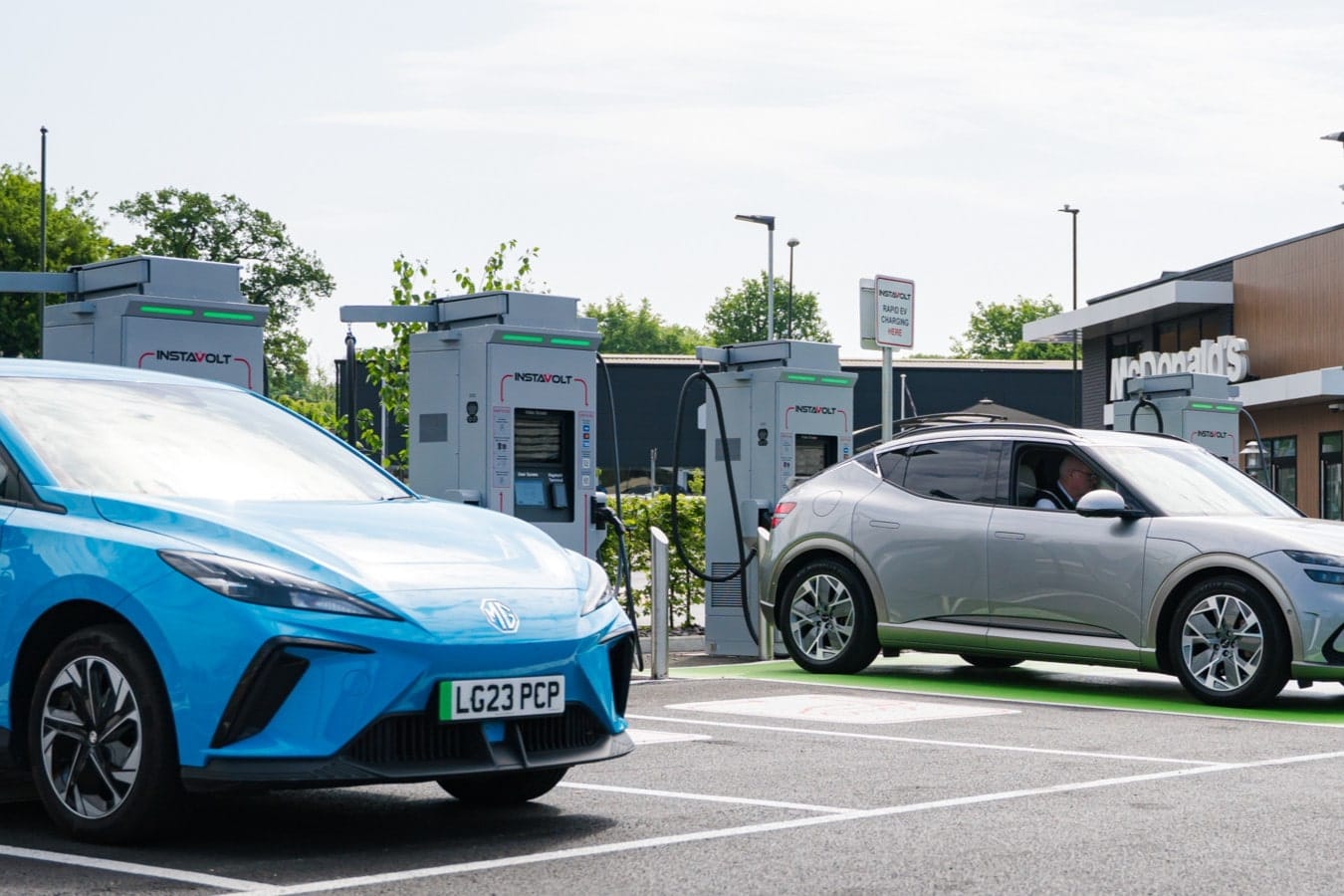UK weighs higher EV incentives while considering new road-usage tax
Several British media outlets report, based on leaked information, that the budget to be presented by the British government this week will include an additional £1.3 billion for new electric-vehicle subsidies as well as another £200 million for charging stations. That equates to roughly €1.48 billion and €227 million, respectively. However, the same budget will also announce a consultation on a new pay-per-mile system, which is expected to increase the average cost of owning an electric car by £276 per year (around €314).
This distance-based tax on EV use could arrive in 2028 and would in effect mirror the fuel duty on petrol and diesel models. The government is looking for ways to tax electric vehicles because the shift from combustion engines to EVs would otherwise deprive the Treasury of billions in revenue. According to The Guardian, the tax now under consideration would generate around £375 million per year for the Treasury, based on the number of electric vehicles currently registered.
A quick recap: London unveiled its most recent major incentive move for EVs in the summer with the new “Electric Car Grant” (ECG). The government filled this subsidy pot with a total of £650 million for a programme running from mid-2025 to the 2028/2029 financial year. Since then, EVs in the UK with a list price of up to £37,000 have been eligible for up to £3,750 per vehicle. £37,000 currently translates to slightly more than €42,000, while the maximum £3,750 grant corresponds to just under €4,300.
With the additional £1.3 billion now being floated, Downing Street aims to secure incentives until 2030 and initially increase the grant amounts. Details remain unknown. What is clear, however, is that industry and policymakers are under significant pressure. Although the UK, with 382,000 new EVs in 2024, was Europe’s largest market, the sector is not growing as quickly as required under the so-called ZEV (Zero Emission Vehicle) mandate. Under this mandate, manufacturers must meet annual sales targets to avoid penalties.
But as political support was scaled back, carmakers could only meet their 2024 targets through heavy discounts and subsequently stepped up their resistance. In April 2025, the government thus relaxed the ZEV mandate rules for manufacturers, and now aims to stimulate the market again with industrial incentives and the purchase premium that has been in effect since the summer.
Separately, the UK has presented its new strategy for critical minerals. This strategy aims to increase the share of domestic production in the UK’s mineral demand from six to ten per cent to reduce dependence on third parties – above all China. “Critical minerals are the backbone of modern life and our national security,” Prime Minister Keir Starmer is quoted as saying in a statement issued by his office. “For too long, Britain has been dependent on a handful of overseas suppliers, leaving our economy and national security exposed to global shocks.”
This article was first published by Cora Werwitzke for electrive’s German edition.





0 Comments